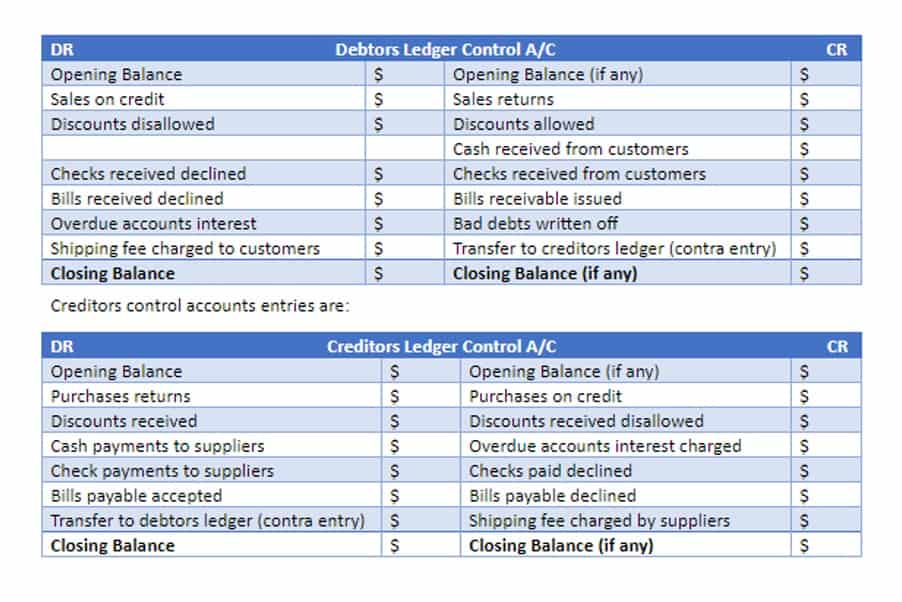Math majors make great accountants
Experts seem to agree that a lack of confidence in math shouldn’t stop you from pursuing an accounting degree if you have good basic skills and a willingness to review and solidify those skills. Accounting is not simply crunching numbers, but being able to use the numbers to help individuals and companies achieve their financial goals that matters the most. As you consider career options, you may find yourself drawn to jobs in the accounting profession.
Reasons Why Accounting Math Isn’t Hard in Practice
- Nonetheless, they may need other skills to prosper in the financial accounting field.
- A big part of many accounting roles is preparing financial reports and communicating with colleagues and clients.
- The hardest math you’ll probably do is some kind of STAT course.
- Credits decrease asset accounts and increase liability and equity accounts.
- Accounting is about using basic formulas to accomplish a defined task.
A regular day often involves tasks like examining records, reviewing financial statements, and ensuring compliance with regulations. A career in accounting offers the prospect of good earning potential, job stability, and plenty of job opportunities because it’s relevant to almost every industry. However, if (like most people) math isn’t exactly your favorite thing, you might think that you don’t have what it takes to succeed in this occupation. While both accounting and maths rely on numbers, equations and certain problems that must be solved, the approaches to both subjects could not be more different. There is a defined purpose to everything that you will do in the accounting field.
Where are the math requirements in an accounting degree program?
- Similarly, students must also understand some fundamental algebra concepts.
- If you want to be an accountant but you’re not good at math, don’t give up hope.
- This poster is a ■■■■■ and nothing he says should be taken seriously in my opinion.
- For example, assessing business performance, modeling growth potential and calculating profitability all require financial mathematics.
- The majority of accounting degree programs now include courses on information technology to help prepare graduates to function successfully in a real-world office.
- At its simplest, accounting is the recording and reporting of financial data, which is communicated in numbers.
These roles do not require formal education, but a VET qualification will help you stand out from the crowd and give you a head-start in your career. My cousin is about to become a senior in high school, and he is now looking into possible career choices. He is not too talented in math or cash flow sciences, and even his parents admit that they don’t think she will be a doctor or a science researcher. I want him to get a job that is lucrative, and for some reason accounting comes to my mind.
Can someone bad at Math have a career in accounting and how to get in this field ?
With a solid foundation, a logical mindset, and a willingness to learn (plus a calculator!), anyone can build the skills needed to thrive in this rewarding, in-demand profession. An accountancy qualification opens the door to diverse roles – from auditing and tax to business analysis and strategic advisory. While some fields, like data analytics or financial modelling, involve advanced maths, many rely more on commercial awareness, problem-solving and communication. But if you move into specialised areas like finance, investment or analytics, the numbers can get more complex. Accounting majors bring years of experience with arithmetic, and accounting classes show them how to apply their arithmetic skills in the accounting field.
- These classes are often used to teach accounting students how to analyze financial data, which is an important part of work as an accountant.
- These are all things that are made much easier by being automated.
- I read some of his previous posts and think he is being serious.
- The latter option provides more opportunities but may also come with higher challenges.
- Once companies record the business transaction, it goes through the accounting system.
- Furthermore, mathematical concepts are integral to various aspects of accounting, including inventory valuation, depreciation calculations, and tax accounting.
Must-Have Skills for a Successful Accounting Career
Usually, they must know how to rearrange Financial Forecasting For Startups equations to derive an unknown amount. Students must also understand how to calculate percentages and ratios. Financial accounting concerns the use of financial statements for decision-making.
How To Find A Job In The Building And Construction Industry
- Open Colleges has a range of online accounting and finance courses to suit whatever career path you’re interested in following.
- Once finalized, they use the information to prepare the financial statements.
- On the other hand, Accountants are more focused on understanding plugging numbers into existing formulas and processes.
- Most accountants may neglect them, which can be detrimental to their work.
- Accounting made simple because it doesn’t have to be hard to understand.
- You’ll likely never need to reach further than your phone’s calculator to finish a task.
- Like students in other majors, students of accounting must complete their college’s general education requirements, which usually include at least one or two math classes.
While, yes, the nature of the financial services sector means your job will be numbers focused, it doesn’t mean that your job will only involve crunching numbers. Staying abreast of current and emerging technology will be very helpful. At do you have to be good at math for accounting its simplest, accounting is the recording and reporting of financial data, which is communicated in numbers. Hear from young ACCA professionals as they discuss key topics, bust common myths, and share what their jobs are really like.







